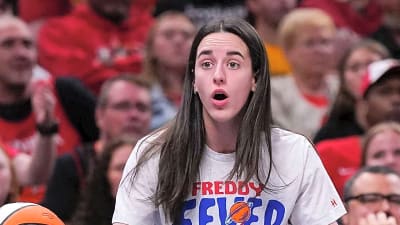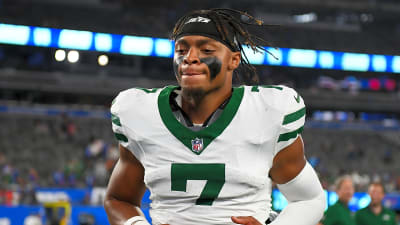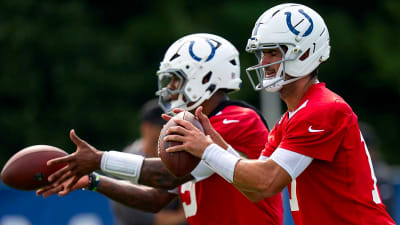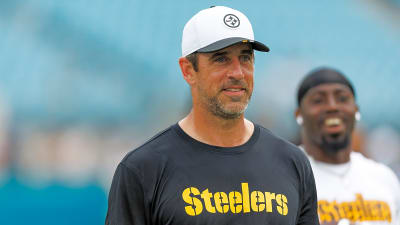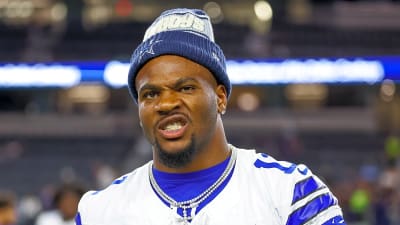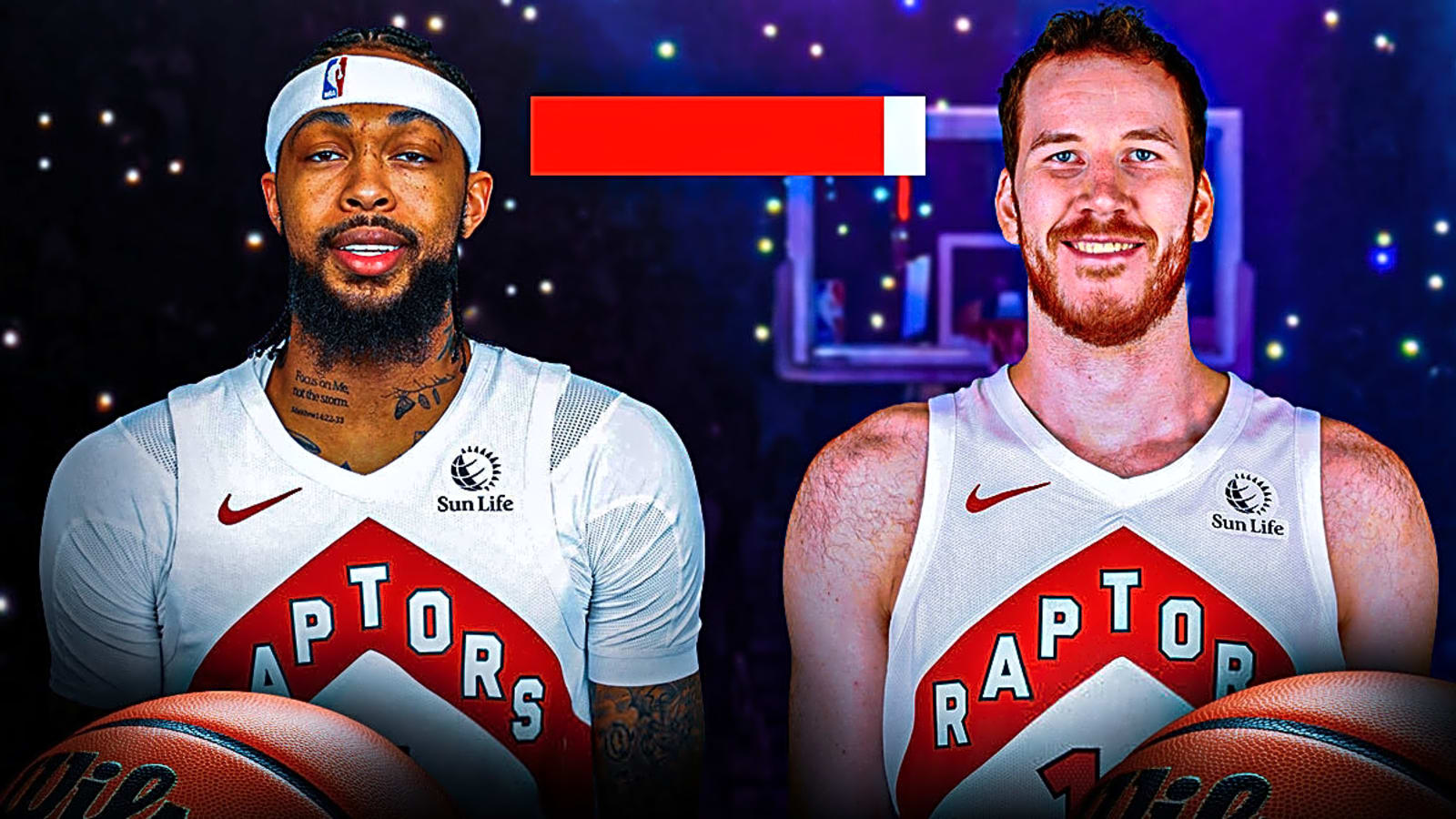
For the moment, the Toronto Raptors find themselves stuck in the NBA’s worst-case scenario: not bad enough to rebuild, and nowhere close to contending. They have talent, sure. Scottie Barnes is a legitimate future All-Star, and Immanuel Quickley is developing into a dependable scoring guard. Adding Brandon Ingram at the deadline was an intriguing move, while RJ Barrett’s presence, though uncertain long term, still adds offensive firepower. Jakob Poeltl remains one of the league’s most consistent bigs. But zoom out, and the Raptors’ 2025 offseason decisions don’t make a lot of sense.
Brandon Ingram was extended for three years, $120 million, a deal even his agent, Rich Paul, admitted might not have materialized on the open market. Jakob Poeltl, with two years remaining on his existing deal, was also handed a four-year, $104 million extension, which will take him through age 34. Add that to the high-dollar contracts already on the books for Barrett, Quickley, and Barnes, and Toronto’s cap sheet is stuffed.
And for what?
A team that’s likely slotted in for a play-in tournament appearance, in an Eastern Conference that won’t feature Jayson Tatum or Tyrese Haliburton for most of the 2025-26 season due to injury. If there was ever a time for the Raptors to go lean and opportunistic, this was the year.
1 move the Raptors should’ve made: Prioritize Cap Flexibility
Toronto should have resisted the urge to splurge and instead focused on cutting costs and building flexibility, both for now and the future.
There were multiple reasons to do so:
-
The Eastern Conference is wide open. With Tatum sidelined in Boston and Haliburton out for Indiana, there’s an unusual vacuum at the top. The Raptors didn’t need to build a powerhouse to make a splash. They needed efficient contributors and financial agility.
-
The current core isn’t proven. Brandon Ingram has struggled with injuries and fit issues. RJ Barrett’s inconsistency has defined his NBA career. Poeltl, while steady, is a high-floor, low-ceiling center who doesn’t move the needle offensively.
-
The cap situation is dire. Even without pushing all-in, the Raptors are brushing up against the luxury tax. That’s a dangerous spot to be in for a team with no clear path to 50+ wins.
Extending both Ingram and Poeltl with such urgency felt like Toronto trying to declare itself a serious team before it’s even proven to be a good one.
They should’ve waited.
Jakob Poeltl’s case is particularly frustrating.
Jakob Pöltl on why he wants to stay in Toronto:
-Says the team built a foundation the last 1.5 years, and he bought into the process from the beginning.
-He’s ‘crazy excited’ about the team, they could be a fun team, and could challenge some of the top teams. pic.twitter.com/W3YcgqjSLC
— Omer Osman (@OmerOsman200) July 12, 2025
The Austrian big man was very good last season, so good that the Raptors had to sit him during key stretches late in the year to avoid accidental wins while in tank mode. He averaged 14.5 points, 9.6 rebounds, 2.8 assists, 1.2 steals, and 1.2 blocks. He was reliable, physical, and fundamentally sound.
But here’s the issue: Poeltl already had two years left on his $78 million deal. There was no urgency to renegotiate, let alone lock in three more years at $84 million total, taking him through his mid-30s.
Poeltl’s game isn’t built on flash or scoring versatility. And while that’s fine for a low-cost anchor, it becomes a problem when he’s making upwards of $27 million per season in his age-33 and 34 years.
Then there’s Ingram.
Yes, he’s a former All-Star and still just 27. But even Rich Paul admitted on Sirius XM that the $120 million extension was likely more than the market would have offered.
The Raptors didn’t need to sign him now. Letting Ingram play out the final year of his current deal would’ve given the front office time to evaluate his fit next to Barnes and Quickley, and assess whether his injuries were behind him.
Instead, they panicked. Maybe it was the Fred VanVleet experience, watching a key player walk in free agency for nothing, that pushed them into locking up Ingram early. But that fear-based decision-making has now led to massive financial risk tied to a trio of injury-prone or unproven players.
What they should have done instead
With the East ripe for the taking, Toronto could have opted for a more nimble, strategic approach:
-
Let Poeltl play out his deal. There was no pressure to extend. If he plays well in 2025-26, his value remains. If he declines, you dodge a declining asset, eating cap space.
-
Wait on Ingram. A full season alongside Scottie Barnes would’ve helped answer the fit questions. If he walks next summer, so be it; flexibility has value, too.
-
Preserve trade flexibility. By not ballooning their payroll, the Raptors would be in a stronger position to absorb unwanted contracts and picks from cap-strapped contenders at the 2026 trade deadline.
The NBA’s new collective bargaining agreement rewards teams that stay lean and punishes those that overpay mid-tier talent. Toronto seems to have missed the memo.
Looking ahead: What comes next for the Raptors?
Now that the Raptors are financially committed to this core, the only path forward is to hope it works.
-
That Scottie Barnes becomes a full-blown superstar.
-
That Quickley continues ascending into a borderline All-Star guard.
-
That Ingram stays healthy and finds a rhythm next to Barnes.
-
And that Poeltl ages gracefully, avoiding the kind of decline that typically drags down non-shooting bigs in their 30s.
If all that happens, the Raptors might sneak into the East’s top six.
But if it doesn’t?
They’ll be a bloated, luxury-tax flirting treadmill team in a conference they could’ve quietly dominated had they just made smarter, leaner decisions this summer.
Toronto’s 2025 offseason was a lesson in over-commitment. Instead of embracing flexibility, they locked up a more hopeful than proven core. The Brandon Ingram and Jakob Poeltl extensions may age poorly, especially if the Raptors fail to climb out of the Eastern Conference middle class.
The move they should’ve made?
Do less. Spend less. Wait more.
Because in an NBA shaped by injuries, cap constraints, and parity, sometimes the best way to win is by not losing your financial future before the games even begin.
More must-reads:
- Draymond Green fires back at Alperen Sengun's comments
- Former Heat employee pleads guilty in stolen memorabilia case
- The 'Active 20-home run MLB seasons' quiz
Breaking News
Trending News
Customize Your Newsletter
 +
+
Get the latest news and rumors, customized to your favorite sports and teams. Emailed daily. Always free!
